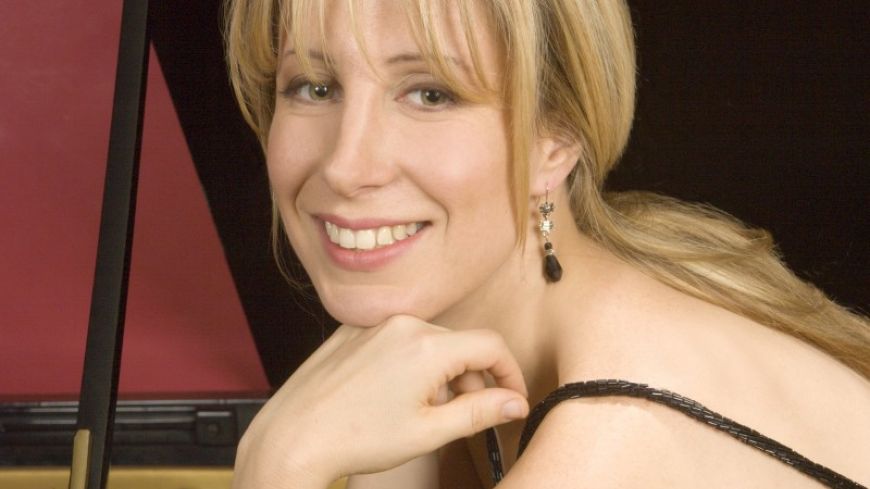
Although the Royal Scottish National Orchestra’s 2011:12 season is drawing to a close, and with it the reign of Stéphane Denève, we are still celebrating this season’s theme of the Auld Alliance. And so it was good to have Douglas Boyd the Glasgow born conductor, who is also a talented oboist, at the helm. This was a concert that required a smaller than normal Orchestra - a night off for some.
The French composer Georges Bizet is best known for his final opera Carmen - first performed shortly before his death in 1875. His less well known opera The Fair Maid of Perth was loosely based on Sir Walter Scott’s novel and first performed in 1867. We heard a selection, a suite, comprised of Prélude, Sérénade, Marche and Danse bohémienne. Memorable in the last of these was the flute playing the theme, to be joined in the background by the harp.
Chopin was twenty when he composed and then played the piano at the first performance of his Piano Concerto No 2 in Warsaw in 1830. It is a very romantic work and for us was played by Ingrid Fliter who was born and brought up in Buenos Aires but came to Europe to develop her much heralded musical talent. The third of the three movements is based on Polish dances with the violins playing col legno, using the wood rather than the strings of the bow, and ends an otherwise subdued work with a French horn fanfare.
If you were setting down rules for the pre-concert talks, Peter Hunt showed how to tick all the boxes. Telling us how he first worked with Douglas Boyd back in 1972 and with whom he had discussed what he might tell us, he thoughtfully went through each of the works on the programme and played his cello to demonstrate.
Fauré’s Pavane was originally a piano piece but was orchestrated by the composer in 1887 and lasts just six minutes. It can be played with a chorus but when Peter Hunt read the lyrics out to us they really made little sense.
Peter Hunt made the point that it was for Beethoven’s Symphony No 8 that the metronome came into its own. Only recently, he told us, have these metronome notes been taken seriously. Beethoven was an admirer of the inventor Maelzel who also created a hearing trumpet. Beethoven called the Eighth Symphony his little symphony, but although not the best known of the nine, it is a firm favourite and was pleasure to hear under Douglas Boyd’s baton.
Event: Friday 30 March 2012, 7.30pm

